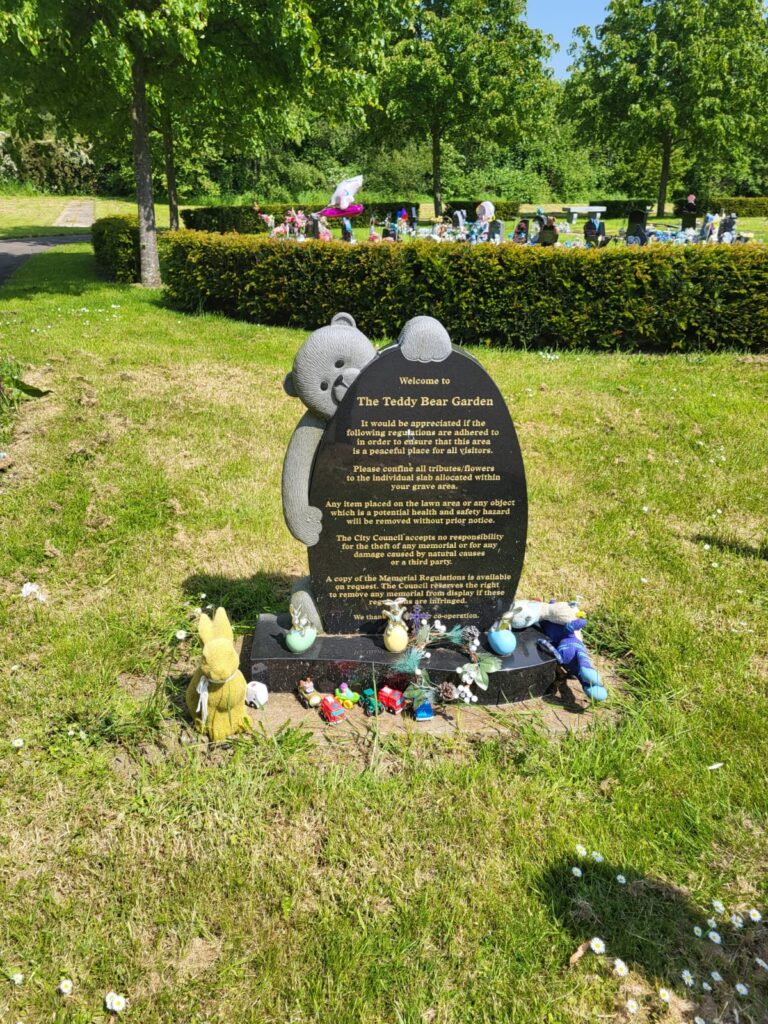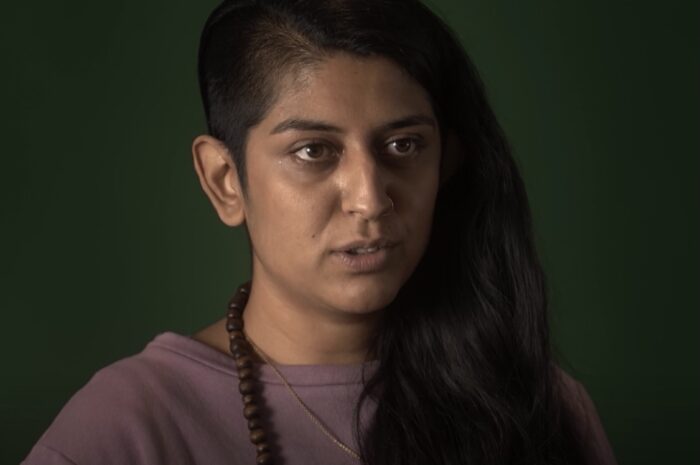As a mother who experienced the heart-wrenching loss of my first child before reaching the 24-week mark of pregnancy, the recent announcement by the government regarding the introduction of pregnancy loss certificates fills me with a mix of emotions. It’s a bittersweet revelation, one that evokes both sorrow for the past and hope for the future.
Losing a child at any stage of pregnancy is a devastating experience, one that leaves an indelible mark on the hearts of parents. So if this is you, please know, I understand and will always hold space for you.
Yet, for so long, the pain of early pregnancy loss has often gone unrecognized, buried beneath societal taboos and a lack of formal acknowledgment. The pregnancy journey for me, was one full of fear and ultimately loss. But now, with the introduction of pregnancy loss certificates, there is finally a glimmer of recognition for the silent grief endured by countless parents across the UK. I know for me, this would have gone a long way towards my own healing. My child made a mark on the world but I never got that recognition, just my memories,
For me personally, the prospect of having had access to such a certificate during the tumultuous period of my own loss is both comforting and poignant. In the midst of my grief, the tangible recognition of my child’s existence, no matter how brief, would have provided a small semblance of closure—a validation of the love and bond that transcends gestational age.
It’s crucial to recognize that the significance of a pregnancy loss extends far beyond the arbitrary threshold of 24 weeks. Every parent who has experienced the loss of a child, whether at 6 weeks or 36 weeks, knows that the depth of their sorrow cannot be measured by gestational age. It’s a pain that defies quantification, one that reverberates through every aspect of life. Not every parent will want this certificate, but at least now, they have that choice.
The initiative to provide pregnancy loss certificates marks a pivotal step forward in destigmatizing the conversation surrounding miscarriage and stillbirth. By acknowledging the existence of these precious lives lost too soon, we shatter the silence and stigma that have long shrouded this painful aspect of reproductive health.
Moreover, the issuance of these certificates may pave the way for greater awareness and understanding of the prevalence of pregnancy loss. By formalizing the recognition of these losses, we not only honor the memories of the children we’ve lost but also shed light on the scale of this often overlooked issue. With data and acknowledgment, we can advocate for better support systems and resources for grieving parents.
As we move forward, let us hold onto hope that initiatives like these will foster a more compassionate and understanding society—one where the pain of pregnancy loss is met with empathy and support, and where the lives of these precious children are honored and remembered. And for those of us who have walked this painful path, may the existence of pregnancy loss certificates serve as a beacon of solace and validation in our journey towards healing.
You can find out more and apply for your certificate here – Request a baby loss certificate – GOV.UK (www.gov.uk)
Your Cyster
Neelam x




